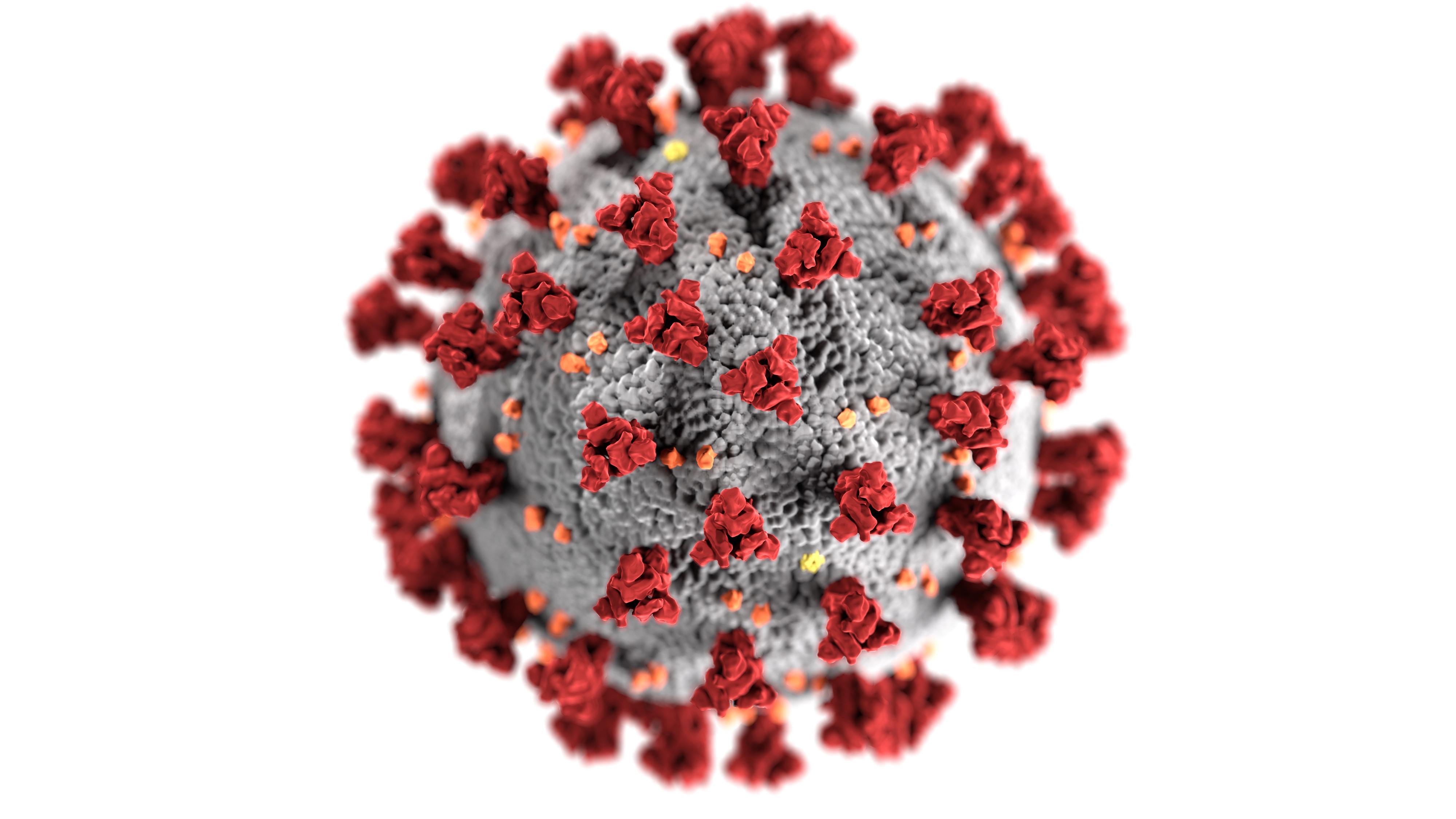Attachments
Note: Not all attachments are visible to the general public. Research URLs will go live after the embargo ends.

Journal/
conference: PLOS ONE
conference: PLOS ONE
Research:Paper
Organisation/s:
Kirby Institute, UNSW Sydney, Western Sydney University, George Institute for Global Health, The University of Sydney, The Australian National University
Funder:
This work was funded by an unrestricted scientific grant from Gilead Sciences.



 Australia; NSW; ACT
Australia; NSW; ACT


